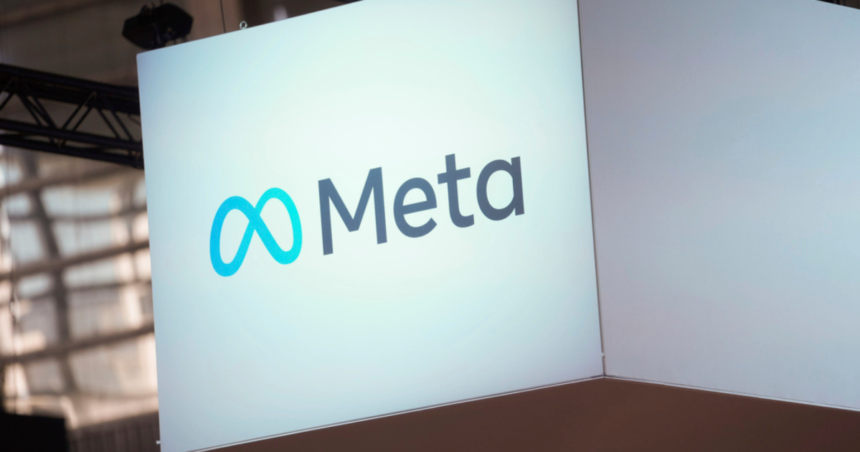The separation agreements that Meta had thousands of its former employees sign during a mass layoff in 2022 were deemed unlawful, according to a recently published decision from a judge with the National Labor Relations Board (NLRB).
Meta laid off 7,511 of its U.S.-based employees between August 21, 2022, and February 20, 2023. Approximately 96% of those former employees—7,236—voluntarily signed a separation agreement that offered more severance pay and other benefits in exchange for waiving their rights to speak publicly about their employment or termination.
However, NLRB Administrative Law Judge Andrew Gollin wrote in his decision last week that the non-disparagement and confidentiality clauses in the agreements violated workers’ rights under the National Labor Relations Act.
Specifically, the decision stated that Meta’s separation agreements infringed on the employees’ rights in Section 7 of the act, which provides employees the right to seek improvements in their working conditions.
RELATED STORY | European Union accuses Facebook owner Meta of breaking digital rules with paid ad-free option
According to the decision, Meta’s separation agreements violated Section 8(a)(1) of the act, making it an unfair labor practice to interfere with employees’ rights under Section 7.
The judge recommended that Meta immediately cease entering into separation agreements with the unlawful sections and inform all past employees who signed the agreements that the clauses have been rescinded and will not be enforced. Meta will also need to certify its compliance with the remedies.
The case was brought to the NLRB by David James Carlson, a former Meta employee who signed a separation agreement, following the board’s decision on McLaren Macomb in February 2023. This decision upheld that employers cannot offer severance agreements that broadly waive employees’ rights under the National Labor Relations Act.
RELATED STORY | Major companies including Microsoft, Google, and Amazon cutting jobs
Even though the decision for McLaren Macomb came after Meta’s separation agreements, Carlson argued for retroactive application. Meta previously denied allegations of violating federal labor laws but has not issued a statement since the judge’s decision was published.





